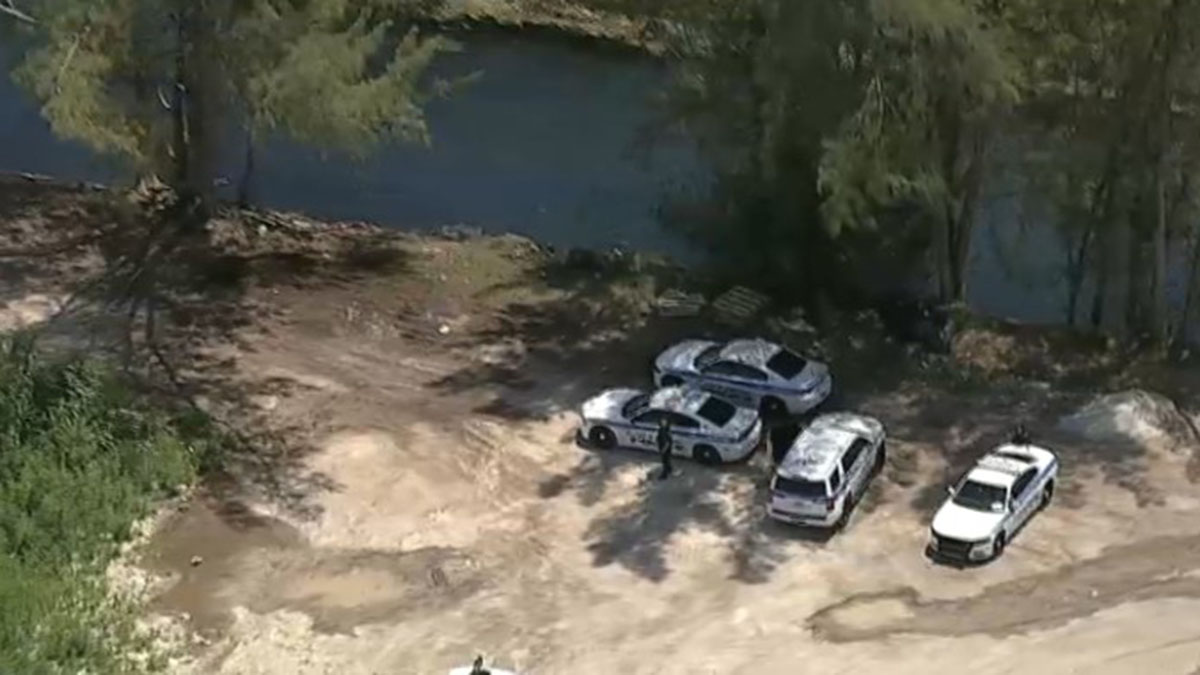If you could build a Noah’s Ark for corals, it would look like the holding tanks at Nova Southeastern University’s Ocean Campus in Dania Beach.
Each one has a black screen for shade, with fresh, temperature-controlled saltwater pumped in to provide just the right conditions for coral samples to thrive. Some of the tanks are filled with various samples of hard corals, being kept safe from a killer in the sea.
“We’ve had a disease epidemic since 2014 that’s ravaged our reefs, over 50% has been lost,” explained Dr. Richard Dodge, the dean of NSU’s Halmos College of Natural Sciences and Oceanography. “This is a situation that’s unprecedented here in Florida and I would say in the world in terms of devastation to the reefs and the ability and the fear that the reefs can’t come back without intervention.”
They call it the Coral Rescue Project. NSU is joined by the Florida Fish and Wildlife Commission, NOAA Fisheries, the University of Miami, the Florida Department of Environmental Protection, the National Park Service, and several other agencies and organizations.
They’re harvesting brain corals, star corals, and other species, 22 in all, from the Marquesas Islands and the Dry Tortugas, areas where the disease has not yet reached.
“The part that drives it home the most is every single one of these used to be abundant here, and they are all not anymore,” said NSU researcher Nick Turner, pointing at hard coral specimens in a tank. “These are the high priority corals and most of these are not in Broward county anymore.”
It’s hard to find any of them on the reefs from Palm Beach County all the way down to Key West.
Local
The goal of the Coral Rescue Project is to create a coral bank of key species, and then hopefully, once the disease dissipates or scientists can figure out how to control it, they can replant the corals on reefs. At this point, Dodge says they don’t know enough about the mysterious coral killer to do anything about it. He says they think corals stressed from climate change are more vulnerable to the contagion, but they need to do much more research to find answers.
In the meantime, they’re working around the clock to keep their coral samples happy and thriving.
“Temperature and nutrients and all the elements required for the corals to grow, every one of those items needs to be monitored,” Turner said.
Dodge stressed that the effort isn’t just about saving the environment, it’s also about saving jobs and a big part of the South Florida economy.
“Coral reefs are valuable ecologically for all the services they provide, but they’re also valuable economically, it’s been estimated over $10-billion annual income due to reefs here in southeast Florida, 71,000 jobs at stake that depend on the reefs and the health of the ocean,” Dodge said.
As with so many environmental rescue projects, the work they’re doing now will benefit all of us later.



